Are you keen to understand what defines a skill in soccer? Whether you’re new to the game or seeking to enhance your knowledge, let’s explore the crucial aspects that shape soccer prowess.
Soccer, also known as football, demands a blend of physical ability, technical proficiency, and strategic thinking. Each skill, from dribbling past defenders to executing precision passes, significantly influences a match’s outcome.
In this guide, we’ll delve into fundamental soccer skills, such as shooting, passing, tackling, teamwork, and more, essential for every player’s development.
Additionally, we’ll explore advanced techniques and strategies to elevate your performance on the field.
So, lace up your cleats, prepare to embark on your soccer journey, and unlock your potential as we delve into the world of soccer skills. Let’s get started!
Quick Navigation
Understanding Skills in Soccer
Soccer skill pertains to an individual’s mastery of specific techniques or maneuvers used on the field, including passing, dribbling, shooting, and other tactics aimed at gaining an advantage over opponents.
These skills significantly contribute to a player’s overall performance and effectiveness in the game.
While there are numerous soccer skills, it’s essential to note that mastering all skills isn’t necessary. Most professional players excel in two or three specific areas, focusing on their strengths rather than mastering every skill.
Basic Soccer Skills for Beginners
A. Beating the Goalkeeper
For beginners aspiring to score goals, mastering shooting techniques is vital. Targeting the corners of the goal from a distance away from the goalkeeper increases scoring opportunities.
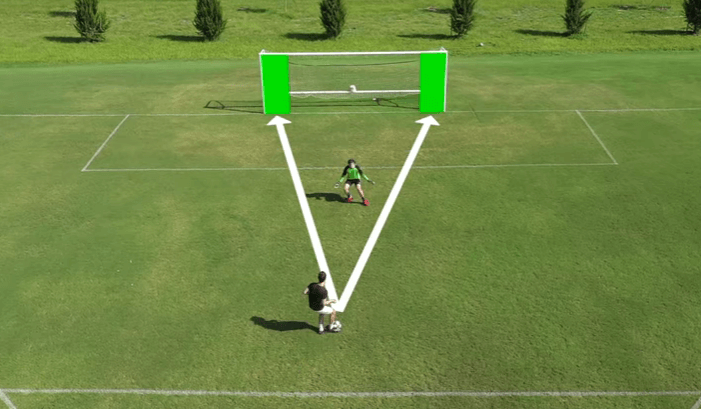
Employing the inside of your foot for shooting, especially when facing the goalkeeper one-on-one, enhances your chances of scoring.
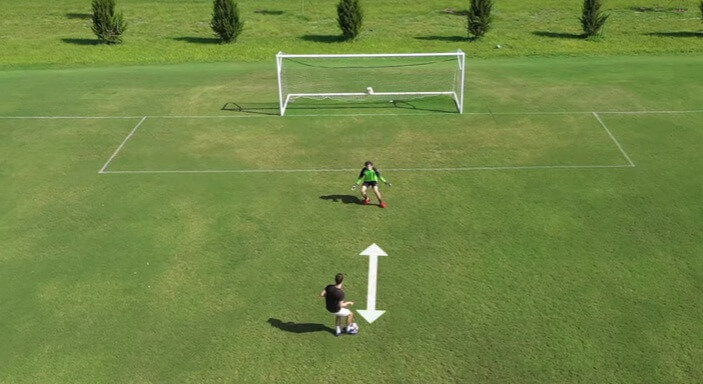
B. Passing and Receiving
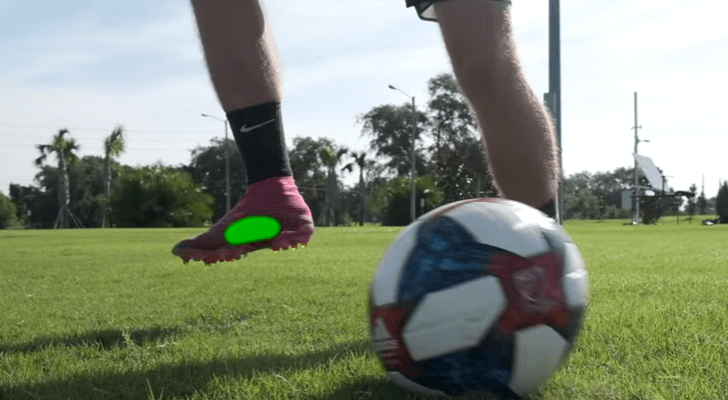
The ability to receive and pass accurately is fundamental. Practicing these skills with a friend or against a wall, using the inside of your foot for control, helps build confidence and trust among teammates.
C. Controlling a Difficult Ball
Expect imperfect passes and practice controlling balls at various angles, speeds, and heights to avoid difficulty during games.
D. Taking the Ball with You
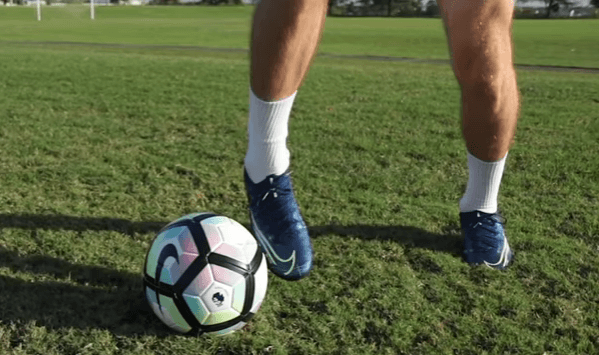
Basic dribbling abilities are essential for every player. Keeping the ball close while running in open spaces improves your dribbling skills.
E. Protecting the Ball
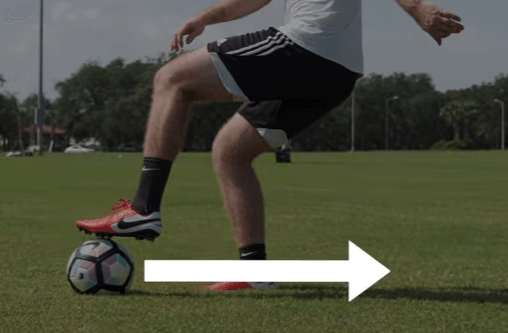
Learning to shield the ball using the underside of your foot buys time in situations with limited passing options.
Exploring More Advanced Soccer Skills
Tactical Skills: Understanding the game’s strategy, positioning on the field, and off-the-ball movement are crucial for creating opportunities and outmaneuvering opponents.
Defensive Skills: Skills like tackling, intercepting passes, and close marking help prevent the opposing team from scoring.
Set Pieces: Mastering free kicks, penalties, and corner kicks provides opportunities to score and requires precision and strategic positioning.
Free kicks provide an opportunity to score directly or create scoring opportunities by delivering the ball into the opponent’s penalty area. This was the most efficient skill of Juninho.
Heading: Using the head to control or redirect the ball effectively aids in offensive and defensive plays.
Goalkeeping Skills: Crucial for protecting the goal, goalkeeping skills involve diving, positioning, handling crosses, and quick reflexes.
Teamwork and Communication: Collaborating with teammates, understanding strengths, and communicating effectively are vital for cohesive gameplay.
Mental Skills: Maintaining focus, decision-making under pressure, and composure are key mental attributes for success on the field.
Shooting Techniques: Various shooting techniques, such as the instep drive, sidefoot shot, and volleys, help players score goals with power and accuracy.
Final Thoughts
Understanding soccer skills and focusing on mastering a few can significantly improve your game. Remember, practice and dedication are key to improvement.
Share your favorite skill or the one you’d like to master in the comments below.
For more insights, explore our article on essential skills for forwards in soccer.

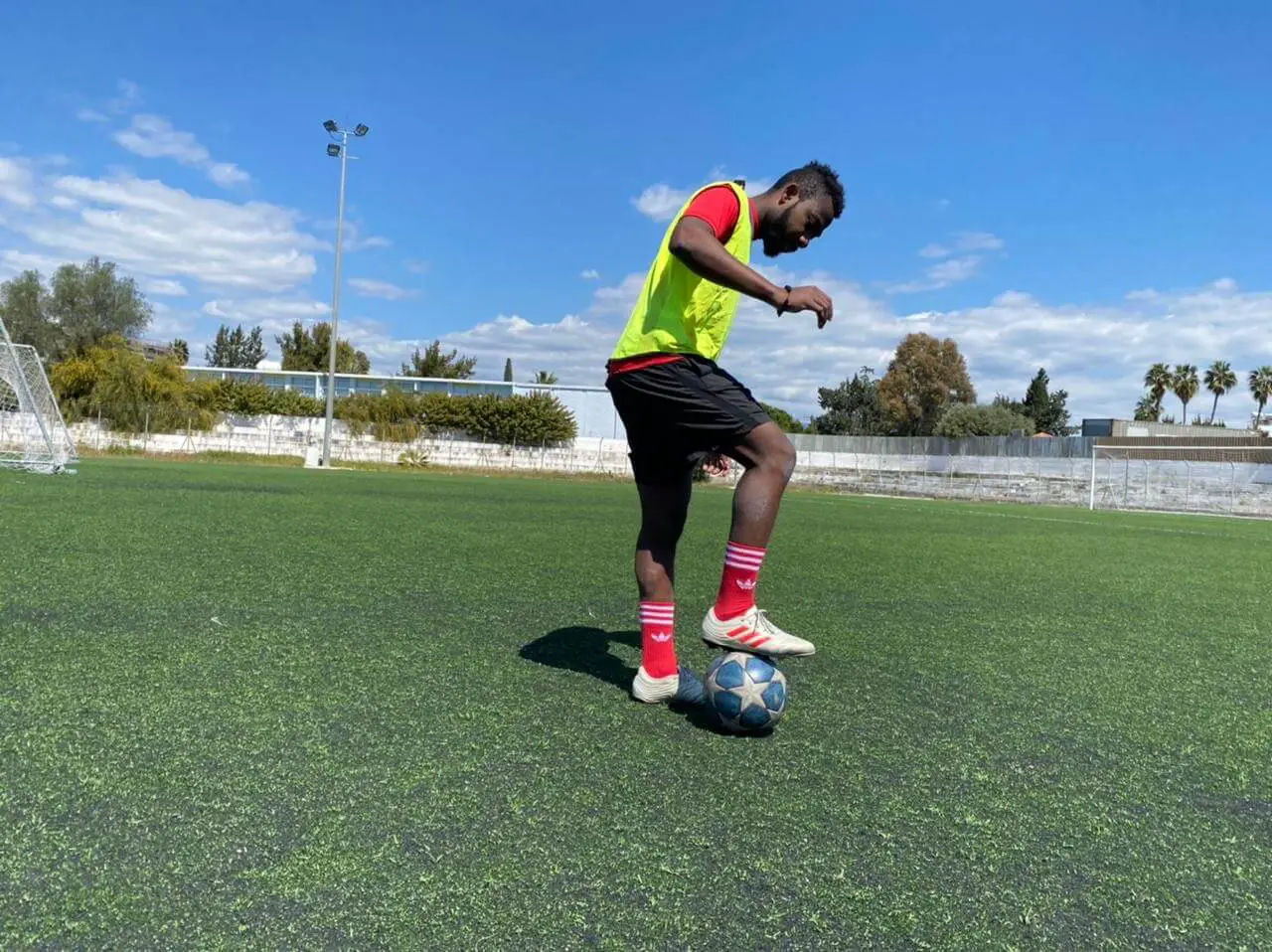
Hi!
Thanks so much for all the tips. That’s an in-depth article, exactly what I was looking for. I can perfectly control the ball, but I have difficulties with things like shooting with power and accuracy for instance. Also, I have the tendency of always missing my one-on-one vs the goalie. That’s something I really need to work on as well.
Nettie
Hi, I’m glad the article was helpful.
Regarding the shooting, sometimes it’s not always about power. You can simply place the ball into the corner of the goals.
Remember, it’s all about practice.
I have missed several times a goal when being 1-on-1 with the keeper. At first I spent to much time to shoot and the keeper would get too close and block. And lately I received the ball and shoot but then my chance was low because I was too far away. So finding the right balance is super important. Do you have any advice for me?
Hi Paolo. Thanks for stopping by.
I would say when facing the goalie in 1-on-1, you first need to be confident. What makes players miss this kind of opportunities is the fact that they are scared. They are scared to miss and be blamed. But by being confident, you can have more chance to score.
Secondly, as mentioned in this article, always see where the goalkeeper is. If he’s on the right, target the left and vice versa.
Remember, you don’t need a powerful shoot in order to score. Sometimes, you can simply place the ball into a corner of the goal.
If you practice you’ll get better.
Well, I just had a read through your article and I found it quite interesting to read. Now I have a better idea of what the basic football skills are and what type of skills I should absolutely master. I didn’t know we could consider simple things like passing a skill. But anyway, I’ll start practising and try to improve them from tomorrow
Hi, I’m glad you enjoyed the article.
And yeah, practice makes perfect. Keep practising and I can guarantee you that you’ll see your skills improving very quickly.